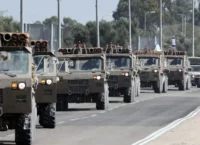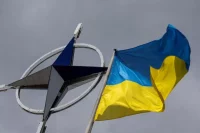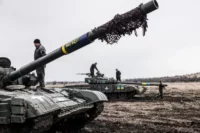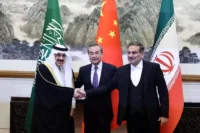
How a deep Palestinian yearning has been hijacked by Hamas
The Palestinian people are an abstraction to many Americans amid the horror of the Gaza war. They see a cruel terrorist face in Hamas. They see the faces of desperate, innocent victims in the thousands of civilians caught in the crossfire.
To sketch a more personal portrait of Palestinian life, I can recount a chain of experiences that began more than 40 years ago, when I briefly lived in a Palestinian village in the West Bank. What I saw there, in visits over four decades, helped give me a deeper appreciation for the Palestinians’ yearning for dignity and respect — universal aspirations that we cannot forget now when so many civilians are endangered by war.… Seguir leyendo »



















